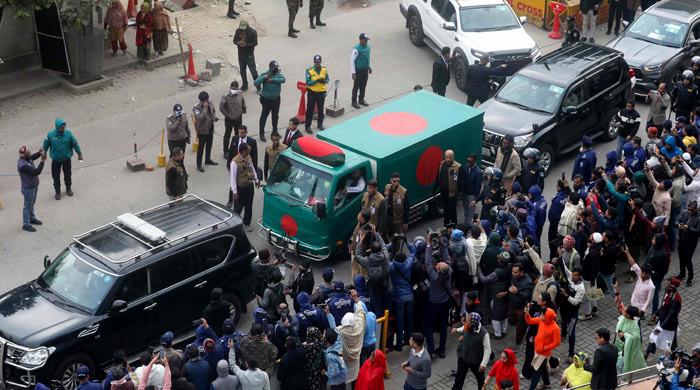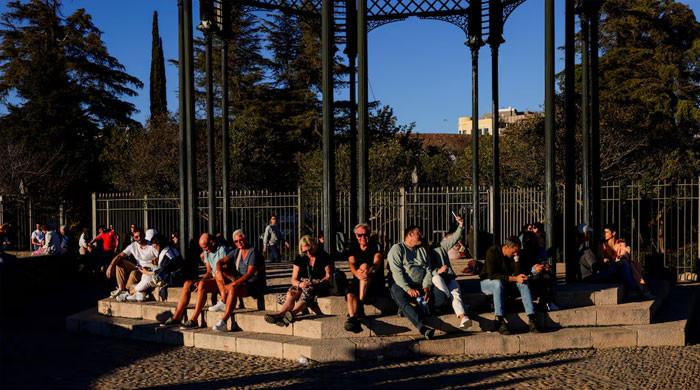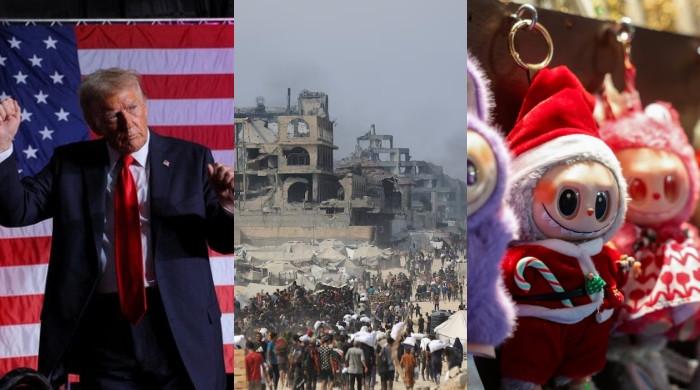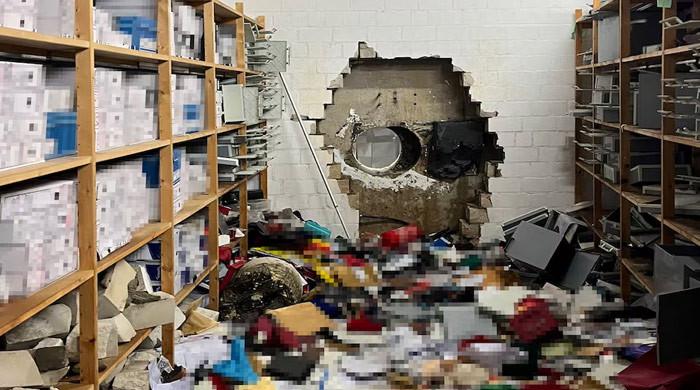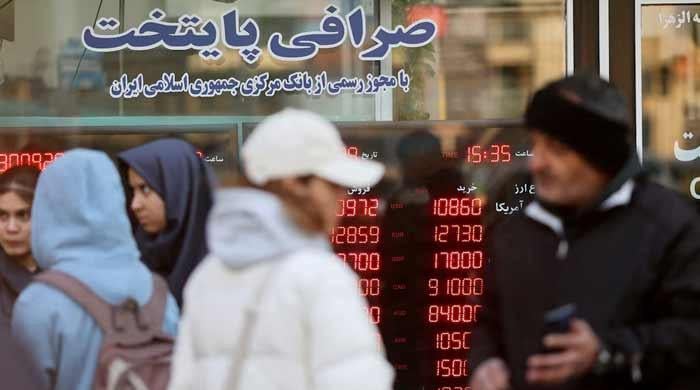Into the unknown: What happens to US citizens detained by North Korea?
A number of US citizens have been taken into custody since 1996, including tourists, scholars, and journalists
July 19, 2023
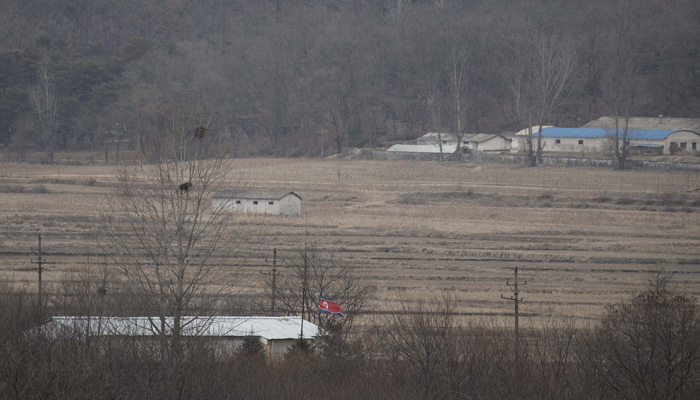
After the ceasefire between North and South Korea in 1953, thousands of US troops have been stationed on the 38th parallel to watch and resist any aggression — while conducting exercises with the allies — and showing combat readiness.
As there’s a continued strain on the US-North Korea bilateral ties, a small number of US citizens made their way to the country in organised tours. Not all of them have happy stories to tell.
According to the US Department of State website: "Do not travel to North Korea due to the continuing serious risk of arrest and long-term detention of US nationals. The US government is unable to provide emergency services to US citizens in North Korea".
Several US citizens have been taken into custody since 1996, including tourists, scholars and journalists.
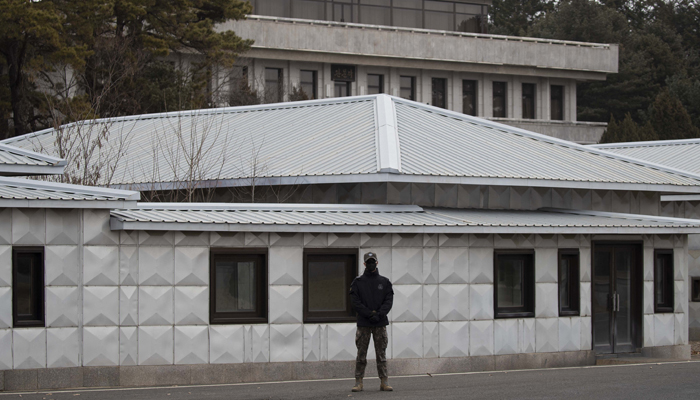
The US government in 2017 barred its citizens from visiting the country.
Here’s what you should know about the most notable cases.
Otto Warmbier
A student of the University of Virginia, Otto Warmbier was detained in 2016 while on a visit to North Korea.
After two months of detention, a North Korean court sentenced Otto Warmbier to 15 years' incarceration upon charges of attempted stealing of a propaganda poster.
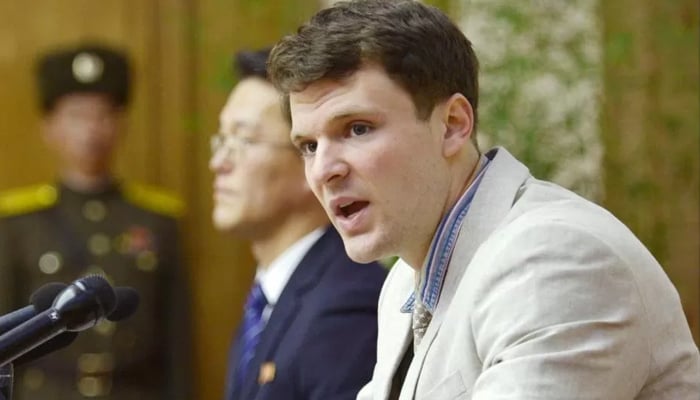
17 months after his arrest, he was released. But fell seriously ill and died in a hospital six days after coming to the US in 2017.
According to his father, he saw his son "moving around, and jerking violently, making these howling and inhuman sounds".
Pyongyang denied any wrongdoing.
The Korean Central News Agency claimed he had given medical attention "with all sincerity" despite "no reason to show mercy to such a criminal of the enemy state".
Bruce Byron Lowrance, 60
60-year-old Bruce Byron was detained as he was illegally entering North Korea in October 2018.
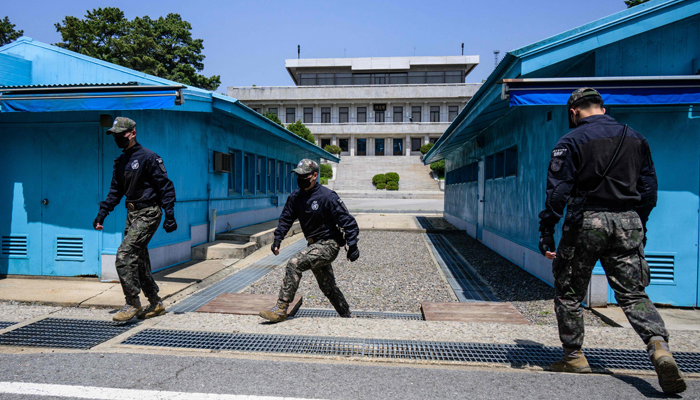
The man had allegedly told investigators that he believed that his visit would help diffuse geopolitical tensions between the two countries.
After a month, he was released, which is seen by US officials as an effort to improve relations with their country following high-profile talks between Kim Jong Un and then US President Donald Trump.
Matthew Miller, 24
A 24-year-old Matthew Miller from California was on his organised tour to North Korea when he was detained with a charge of espionage acts in 2014.
North Korea claimed that he admitted to a "wild ambition" of exploring the country and investigating conditions there. Later, he was sentenced to six years of imprisonment with hard labour.
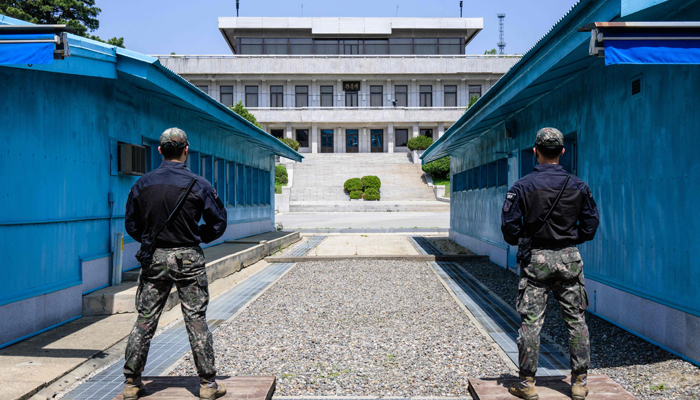
He said in his interview that much time was spent on digging in fields, moving stones and taking out weeds, but was otherwise largely kept in strict isolation.
"I was trying to stay in the country," Miller said. "They wanted me to leave. The very first night they said, 'We want you to leave on the next flight.' But I refused. I just did not leave."
Miller said he eventually "changed his mind" about seeking asylum and requested help from the US government.
Kenneth Bae
A resident of Washington State Kenneth Bae was taken into custody in 2012 and was released with Miller.
He was stopped and a hard drive with Christian material was discovered.
North Korea charged Bae with "hostile acts" including attempting to establish bases for anti-government activities.
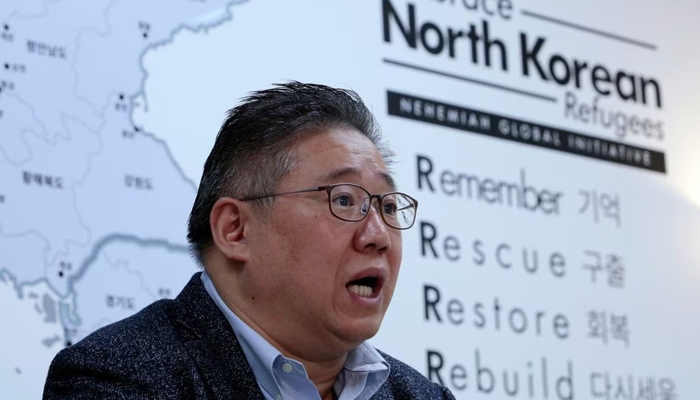
He was sent to incarceration for 15 years with hard labour, escaping the death penalty only after "candid confession".
His health in detention deteriorated.
Bae was released and returned to the US along with Miller following a secret visit to Pyongyang by Director of National Intelligence James Clapper.
After his release, Bae wrote in his memoir that he was interrogated from 08:00 in the morning until 22pm or 23pm at night every day for the first four weeks of his imprisonment. He was asked to confess.
Eura Lee and Laura Ling
North Korea arrested two journalists from California Eura Lee and Laura Ling. They were shooting a documentary on human conditions on China's border with the country.
Their crew members escaped from detention.
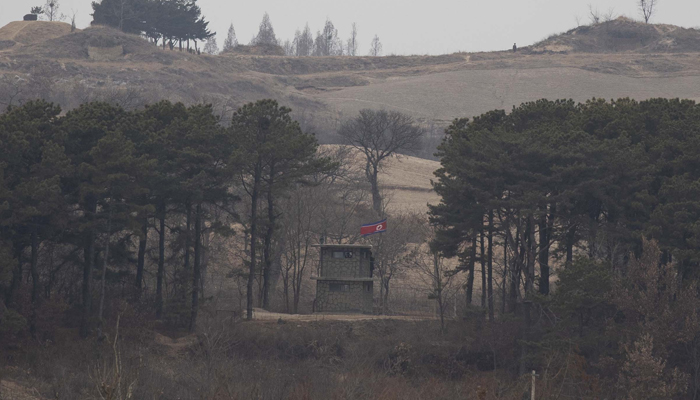
Ling said they crossed the border, saying they spent less than a minute in North Korea before attempting to turn back into China.
Lee and Ling were both charged with crossing the border without authorisation in 2009 and were sentenced to 12 years imprisonment and hard labour.
In the same year, both were released after a previously unannounced visit to Pyongyang by former President Bill Clinton.
"No money was exchanged and no diplomacy was conducted," Ling told NPR. "It truly was a private humanitarian mission".




